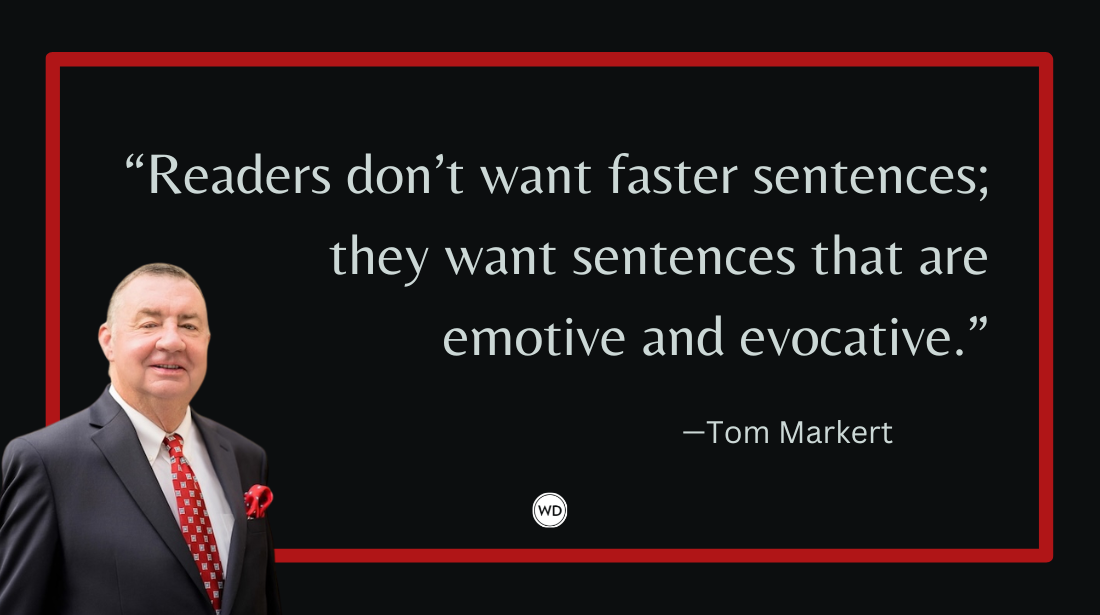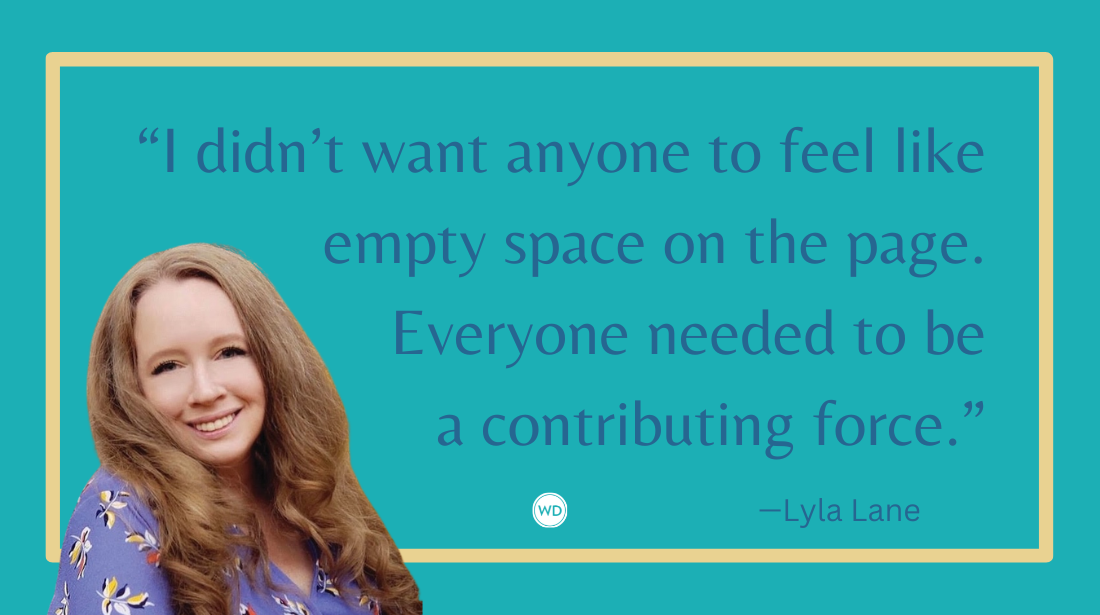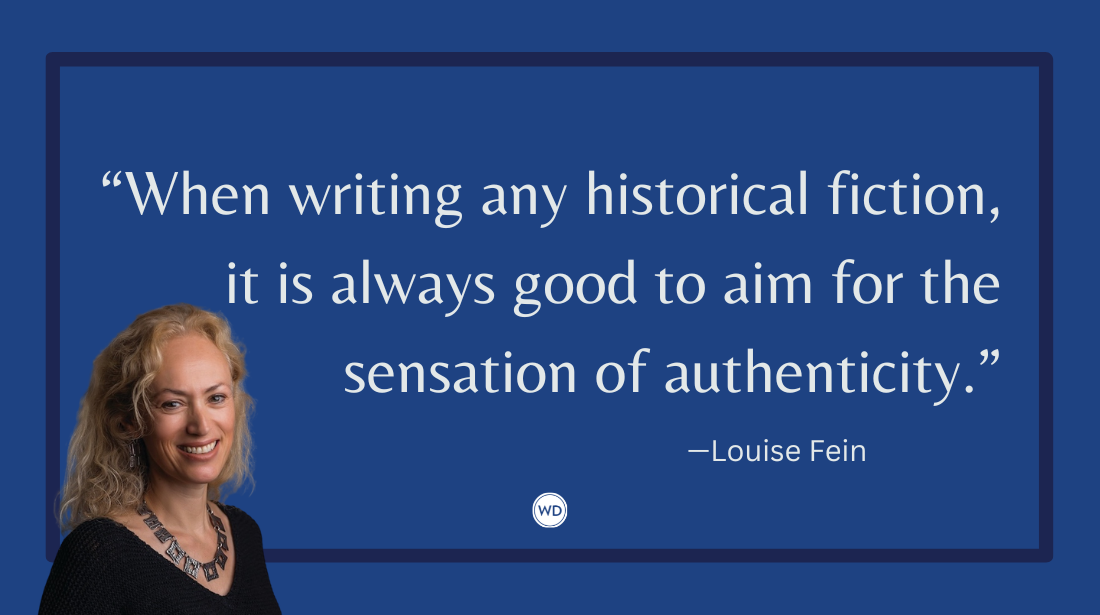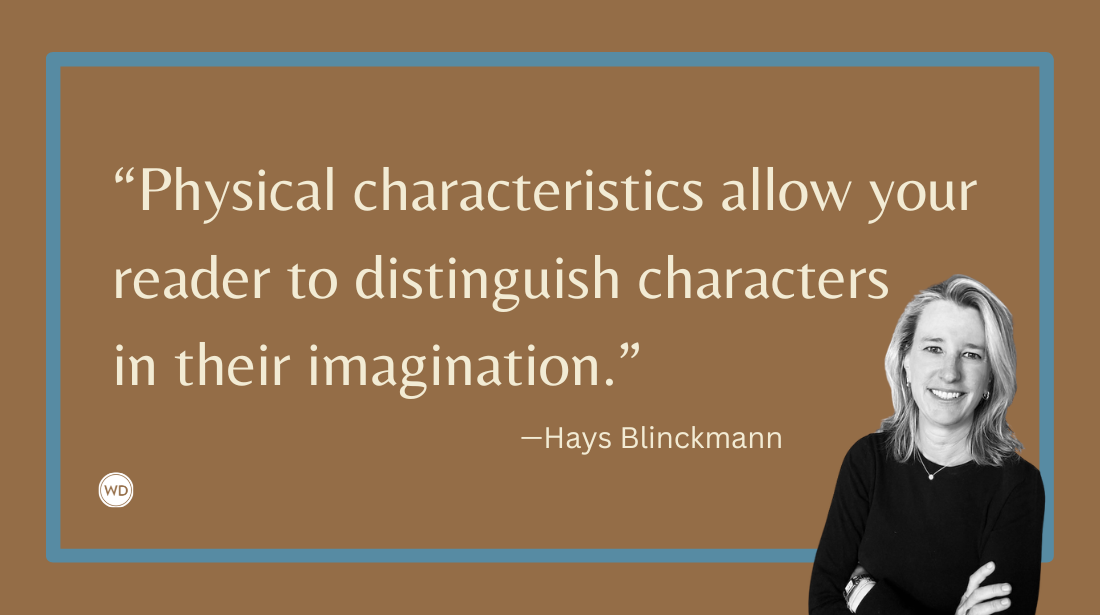Erika Robuck: On Writing Historical Women
Bestselling author Erika Robuck explains what it takes to write historical fiction and how she feels a connection with the character in her latest novel, The Invisible Woman.
Erika Robuck is the national bestselling author of Receive Me Falling, Hemingway’s Girl, Call Me Zelda, Fallen Beauty, and The House of Hawthorne. She is a contributor to the anthology Grand Central: Original Stories of Postwar Love and Reunion and to the Writer’s Digest essay collection, Author in Progress. In 2014, Robuck was named Annapolis’ Author of the Year, and she resides there with her husband and three sons.
In this post, Robuck explains what it takes to write historical fiction, how she feels a connection with the character in her latest novel, The Invisible Woman, and more!
****
Name: Erika Robuck
Literary agent: Kevan Lyon
Title: The Invisible Woman
Publisher: Berkley/Penguin Random House
Release date: February 9, 2021
Genre: Historical Fiction
Elevator pitch for the book: The Invisible Woman is the true story of WWII Secret Agent Virginia Hall, an American woman with a prosthetic leg, whose clandestine work with the French Resistance undermines the Nazi regime, creates escape lines out of Occupied France, and helps hundreds of Free French guerrilla fighters liberate a secluded mountain region whose courageous inhabitants harbor secret residents at their peril.
Previous titles:
- Receive Me Falling (Elysian Fields Press/Self-Published, 2009)
- Hemingway’s Girl (New American Library/Penguin, 2012)
- Call Me Zelda (New American Library/Penguin, 2013)
- Falling Beauty (New American Library/Penguin, 2014)
- Grand Central: Original Stories of Postwar Love and Reunion, Short Story, “I’ll Be Around” (Berkley/Penguin, 2014)
- The House of Hawthorne (New American Library/Penguin, 2015)
- Author in Progress: A No-Holds-Barred Guide to What it Really Takes to Get Published, Essay, “Put a Ring on It” (Writers Digest Books, 2016)
- #HOCKEYSTRONG (Elysian Fields Press/Self-Published, 2017)
IndieBound | Bookshop | Amazon
[WD uses affiliate links.]
What prompted you to write this book?
On the creative side, I'm always looking for extraordinary people from the past who come from places familiar to me or to whom I feel a personal connection. On the business side, when I was working on another “wife-of-famous-male-writer” book, an editor said, “Why not write about a woman who is special in her own right?” That stopped me in my tracks.
Around that time, Virginia Hall entered my radar in a way I can’t pinpoint, and she’s been haunting me ever since. Virginia is not only a remarkable woman from history who grew up in my home state of Maryland, but she is so extraordinary—in her own right—she could launch a subgenre of “husband-of-famous-woman” books.
How long did it take to go from idea to publication?
It took two and a half years from Virginia's appearance on my radar, and four iterations of the novel, to reach its completion. I started writing it as a dual period novel including a female Iraq War veteran. That wasn't working, so I started a new version as a dual protagonist novel with another SOE agent, but Virginia insisted this was all about her. I started the novel again, set during Hall's first WWII mission to France, but it became clear that was all backstory. Finally, I wrote the novel as it is, set during Hall's second WWII mission to France.
Were there any surprises or learning moments in the publishing process for this title?
I learned that, even in death, the movement of covert operatives is very difficult to trace.
Were there any surprises in the writing process for this book?
Throughout the writing of the book, I found that—in spite of not have a prosthesis—I felt a deep connection to and understanding of how Virginia's injury shaped her life. In talking with two women who had prosthetics from amputations, I realized that the ongoing pain and issues related to their injuries were similar to those my late mother experienced as a result of her severe scoliosis. I had felt my mother very close to me in the research and drafting of this book, and I didn't understand why until I spoke to the women who were amputees.
What do you hope readers will get out of your book?
The world is always in need of stories of hope, inspiration, and redemption, and that is true now more than ever. I pray readers find such inspiration through Virginia Hall's extraordinary life.
If you could share one piece of advice with other authors, what would it be?
Nothing beats the old "butt in chair" advice. Four out of five writing days for me are a slog, but on the fifth, I lose all track of time and come out of my office blinking, disoriented, and with ten pages of work that barely needs editing. The four days before the fifth are necessary to reach the mountaintop.








